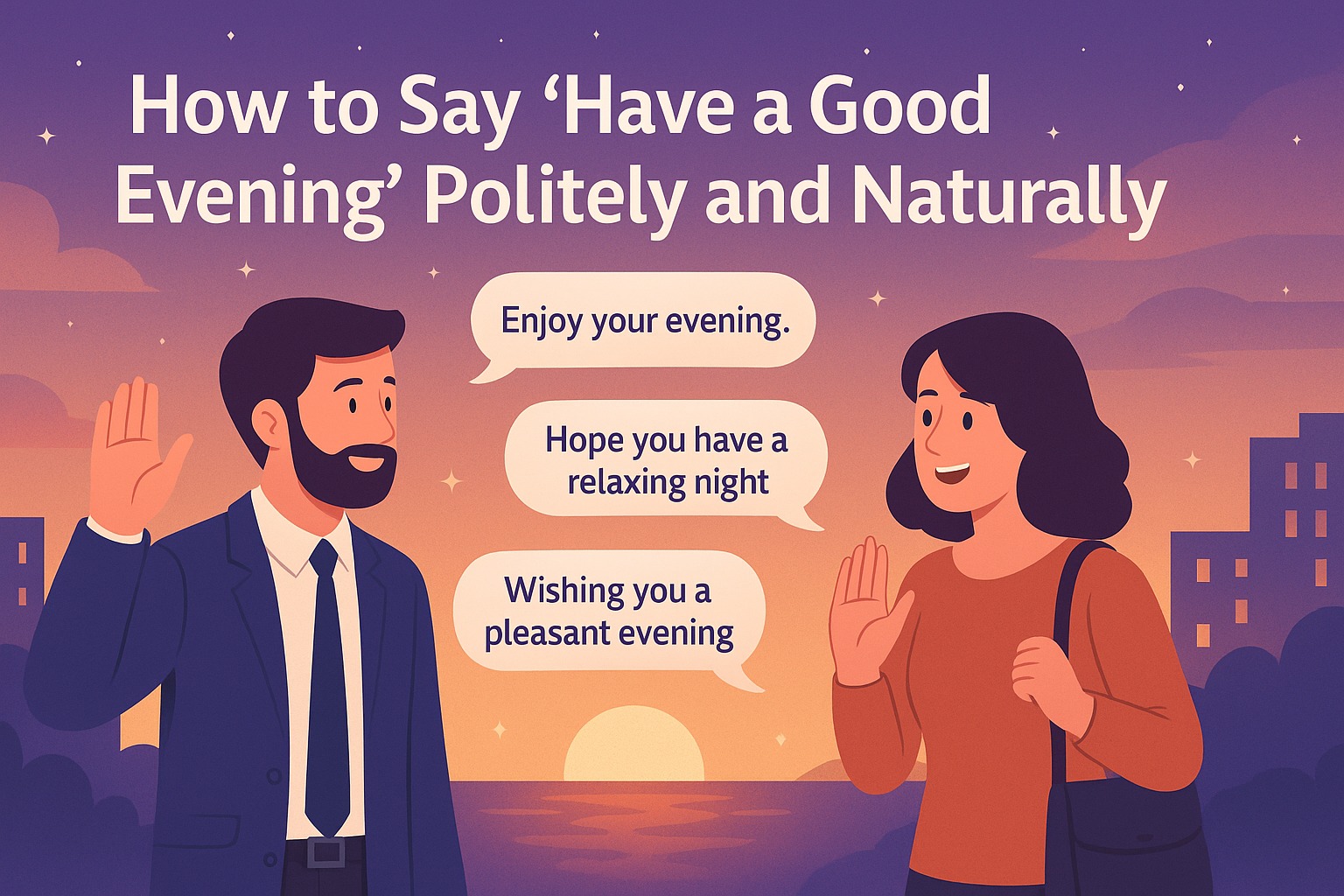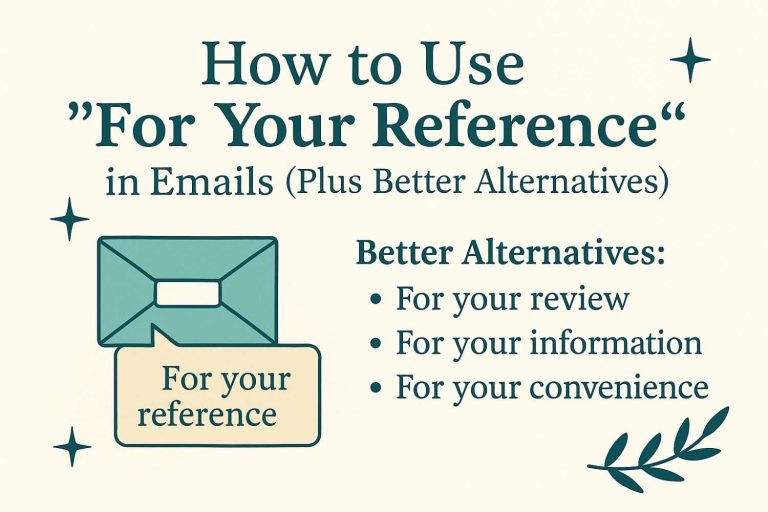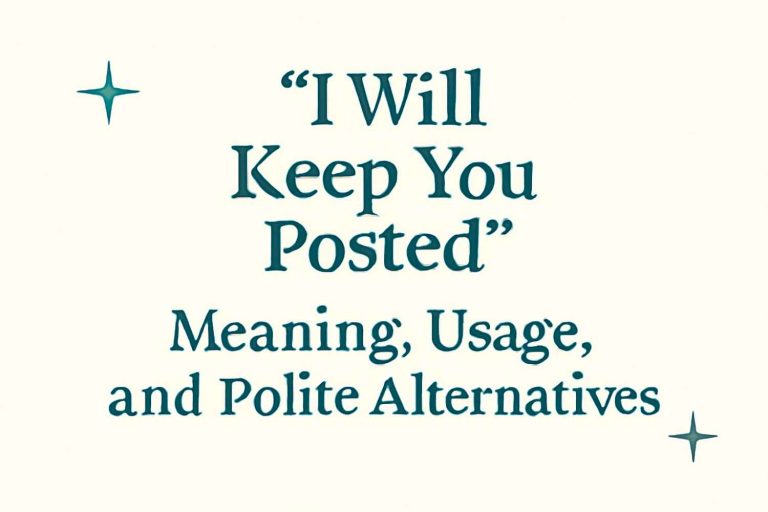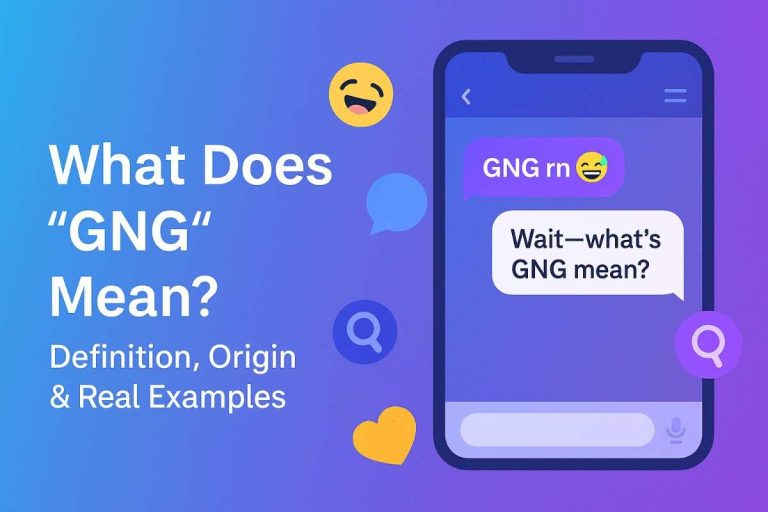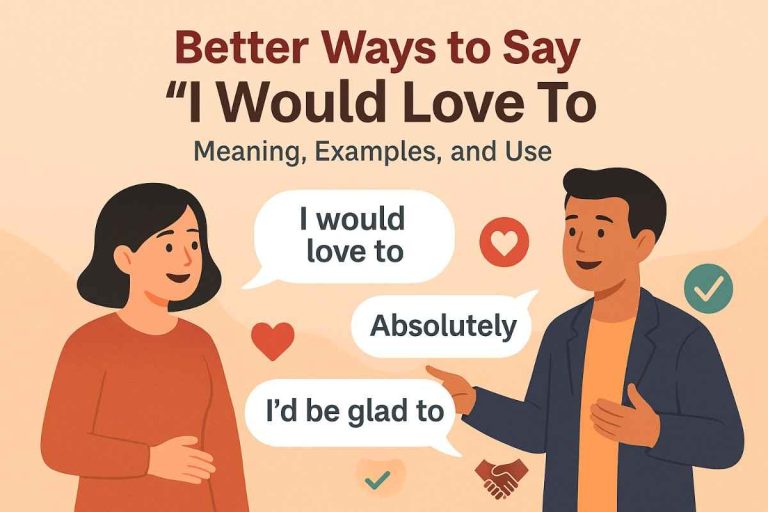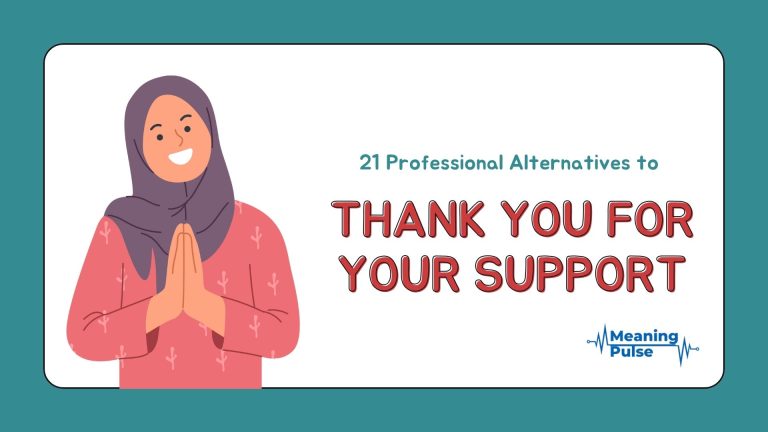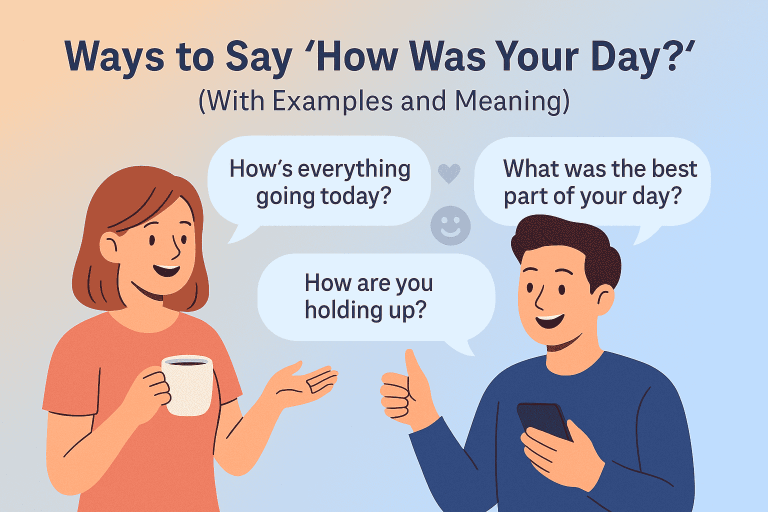How to Say “Have a Good Evening” Politely and Naturally
“Have a good evening” — it’s short, polite, and used all the time. But what does it really mean? Is there a better way to say it? Should you use it in emails or only in person?
Whether you’re wrapping up a call, leaving the office, or ending a text conversation, this phrase is a go-to. It’s a small gesture, but it can leave a lasting impression.
In this guide, we’ll break down what this phrase means, when to use it, and other ways to say it. You’ll also see examples, comparisons, and polite responses.
Let’s get into it.
What Does “Have a Good Evening” Mean?
This phrase is a kind way to wish someone well for the rest of their day, usually after 5 p.m. It’s more specific than “Have a good day,” which can apply to any time.
Saying “Have a good evening” is a polite way to show respect. It’s often used when saying goodbye — whether in person, by phone, or by email.
Think of it as a mix of courtesy and friendliness. You’re not just ending a conversation — you’re sending someone off with a bit of warmth.
When and Where to Use “Have a Good Evening”
Use it when:
- You’re ending a conversation in the late afternoon or evening.
- You want to close an email on a friendly note.
- You’re finishing a call with a colleague, client, or friend.
Use it in:
- Work emails after 5 p.m.
- Texts to friends or family
- In-person chats at events or offices
- Customer service interactions
Avoid using it in the morning or early afternoon — it’ll feel out of place.
Also, be aware of tone. In formal settings, it adds professionalism. In casual ones, it shows kindness.
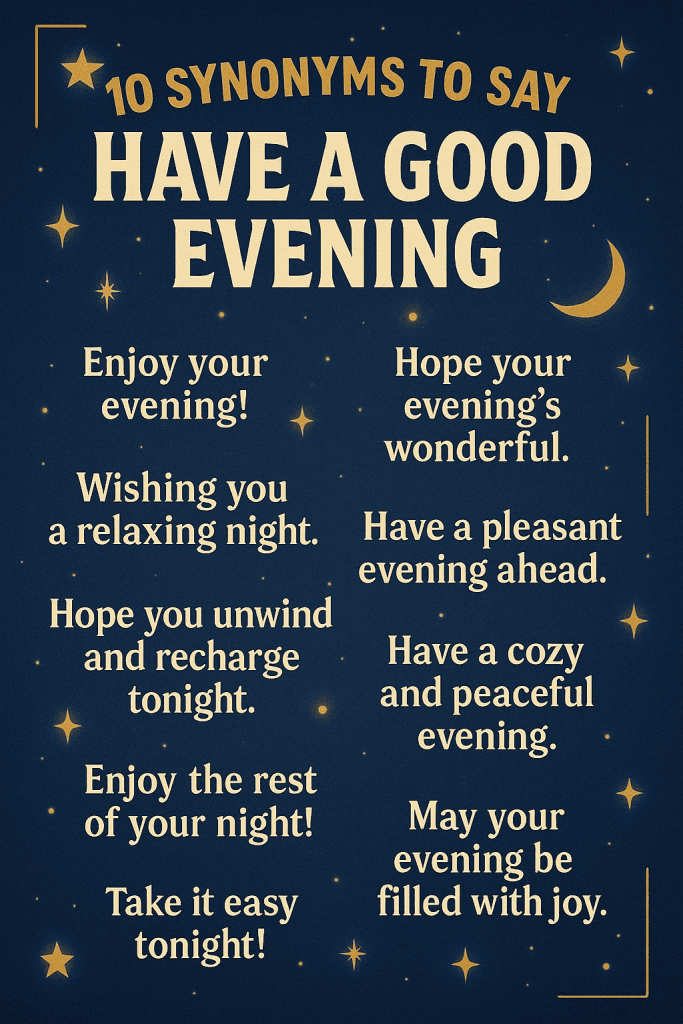
Explore This Topic: Ways to Say “How Was Your Day?” (With Examples and Meaning)
18 Synonyms to Say “Have a Good Evening”
Here are 18 different ways to say it, with short breakdowns.
1. Enjoy your evening
Meaning: A wish for a pleasant evening.
Explanation: Slightly warmer and more personal.
Example: “Enjoy your evening, talk soon.”
Best Use: Friendly conversations or casual emails.
2. Have a pleasant evening
Meaning: A formal version of the original.
Explanation: Sounds polished and respectful.
Example: “Thank you for your help. Have a pleasant evening.”
Best Use: Formal messages or customer service.
3. Have a great night
Meaning: Similar to “Good night,” but more upbeat.
Explanation: Casual and cheerful.
Example: “Nice seeing you! Have a great night.”
Best Use: Friendly chats, texts.
4. Wishing you a lovely evening
Meaning: A gentle and kind send-off.
Explanation: A little more thoughtful.
Example: “Wishing you a lovely evening ahead.”
Best Use: Friendly or personal emails.
5. Take care tonight
Meaning: Shows concern and care.
Explanation: Feels personal and warm.
Example: “Drive safe! Take care tonight.”
Best Use: Messages to friends, family.
6. Hope your evening goes well
Meaning: A soft, caring wish.
Explanation: Slightly longer, more thoughtful.
Example: “Thanks again. Hope your evening goes well.”
Best Use: Customer replies or peer messages.
7. Rest well tonight
Meaning: Encourages rest and peace.
Explanation: Great for late-night chats.
Example: “That’s all for now. Rest well tonight.”
Best Use: Night-time emails or messages.
8. Good night
Meaning: A common night-time goodbye.
Explanation: Brief and classic.
Example: “Talk tomorrow — good night!”
Best Use: When a day is over.
9. Nighty night
Meaning: Playful version of good night.
Explanation: Childlike and sweet.
Example: “Nighty night! Sleep tight.”
Best Use: Messages to close friends or kids.
10. All the best this evening
Meaning: Well wishes for the evening.
Explanation: Formal but friendly.
Example: “All the best this evening. We’ll speak tomorrow.”
Best Use: Client or team emails.
11. Have a peaceful evening
Meaning: A calm, kind wish.
Explanation: Suits quiet, thoughtful settings.
Example: “Thanks for your time. Have a peaceful evening.”
Best Use: Mindful or wellness-focused contexts.
12. Have a fun evening
Meaning: Wish for enjoyment.
Explanation: Light, casual, upbeat.
Example: “Enjoy the movie! Have a fun evening.”
Best Use: Weekend or leisure chats.
13. Hope you have a calm night
Meaning: You want their evening to be stress-free.
Explanation: Simple and sweet.
Example: “Hope you have a calm night after all that.”
Best Use: After a busy day.
14. Have a lovely night ahead
Meaning: Similar to “lovely evening.”
Explanation: Slightly more romantic or poetic.
Example: “Have a lovely night ahead, take care.”
Best Use: Personal or affectionate messages.
15. Wishing you a relaxing night
Meaning: You want them to unwind.
Explanation: Encourages rest.
Example: “Meetings done? Wishing you a relaxing night!”
Best Use: After-work messages.
16. Take it easy this evening
Meaning: Suggests they should relax.
Explanation: Very casual.
Example: “Long day! Take it easy this evening.”
Best Use: Between coworkers or friends.
17. Catch you tomorrow
Meaning: See you the next day.
Explanation: Doesn’t say “evening” directly, but fits.
Example: “That’s all for today. Catch you tomorrow!”
Best Use: Wrapping up work chats.
18. Until tomorrow
Meaning: A quiet way to end the day.
Explanation: Gentle and polite.
Example: “Signing off. Until tomorrow.”
Best Use: Formal or polite goodbyes.
“Have a Good Evening” vs. “Good Night” – What’s the Difference?
These phrases sound alike but feel different.
“Have a good evening” is more versatile. Use it between 5 p.m. and 8 p.m., or even later — as long as the night isn’t over yet. It works in emails, chats, and face-to-face.
“Good night” is more final. It means the day is over, and the person might be going to bed.
Key differences:
- “Have a good evening” = still active, polite goodbye.
- “Good night” = done for the day, time to rest.
Use the one that fits your timing and tone.
Simple and Polite Responses to “Have a Good Evening”
What if someone says it to you first? Here are a few ways to reply:
1. “Thank you! You too.”
2. “Same to you — enjoy your evening.”
3. “Thanks, have a good one.”
4. “Appreciate it. Take care tonight.”
5. “You as well. Rest well.”
All these replies are short and friendly. Use the one that fits your style.
Conclusion
“Have a good evening” is simple, kind, and useful in many settings. Whether you’re writing an email, ending a call, or wrapping up a meeting, this phrase adds a polite touch.
You can stick with the classic or switch things up with the alternatives above. Just keep it natural, keep it kind, and keep it timely.
Because sometimes, a small phrase like this can leave a big impression.

